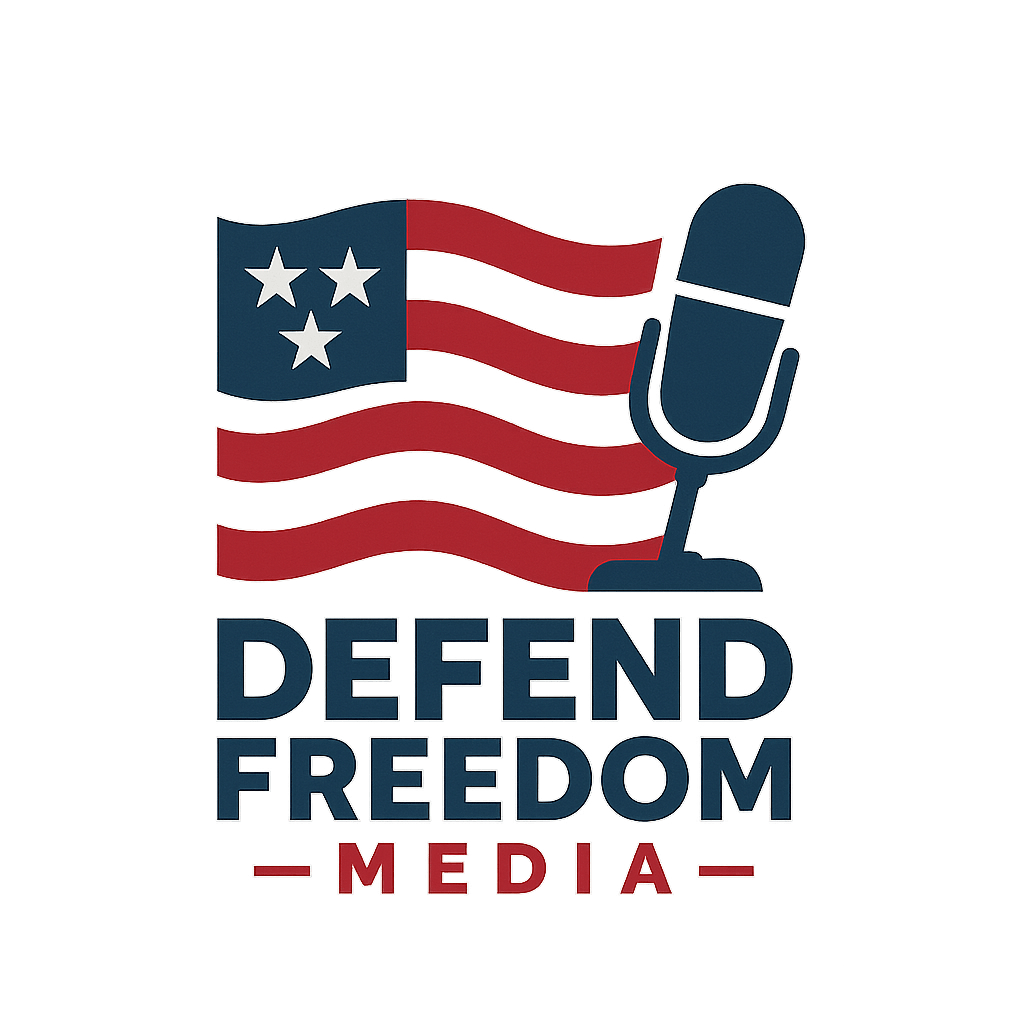
The Gun Industry’s Unexpected Struggles
In recent months, the gun industry has faced significant challenges, sparking discussions around the shifting dynamics of consumer behavior and regulatory changes. Although demand surged during the peak of the pandemic, the industry now finds itself in a difficult position, grappling with lower sales and changing public perceptions.
In 'Gun Industry is STRUGGLING', the discussion dives into the economic pressures and shifting consumer sentiments impacting the market, leading us to further analyze these key insights.
What's Driving the Decline?
Several factors contribute to the gun industry's current struggles. Economic pressures have left consumers with less disposable income to spend on firearms and accessories. Additionally, a decline in new gun owners, many of whom entered the market during the pandemic, has led to a drop in overall demand.
Impact of Recent Legislation
Recent legislation in various states has also played a crucial role in reshaping the landscape for gun manufacturers. Many states have enacted measures aimed at increasing safety and regulation, influencing how companies position their products. These changes can create uncertainty, making it harder for businesses to project future sales and investments.
Consumer Sentiments Towards Firearms
Furthermore, shifting attitudes towards firearms and gun ownership are impacting the market. As discussions around gun control gain traction across the United States, prospective buyers are increasingly cautious. Marketing strategies must adapt to reflect these sentiments, focusing on responsible ownership and safety rather than mere possession.
What Lies Ahead for the Gun Industry?
The future of the gun industry will depend on how companies adapt to these challenges. Enhanced engagement with consumers, along with transparency in business practices and an emphasis on safety training, could help revitalize interest in firearms. Addressing the evolving concerns of the public could pave the way for stronger long-term relationships between manufacturers and gun owners.
Conclusion: Navigating Change
As we explore the struggles of the gun industry, it’s essential for stakeholders to understand these new dynamics. Preparing for change and emphasizing responsible ownership could reshape the market for years to come. Stakeholders across the community should become actively involved in discussions centered around gun rights and responsible ownership, thus fostering a more informed and engaged environment.
 Add Row
Add Row  Add
Add 




Write A Comment